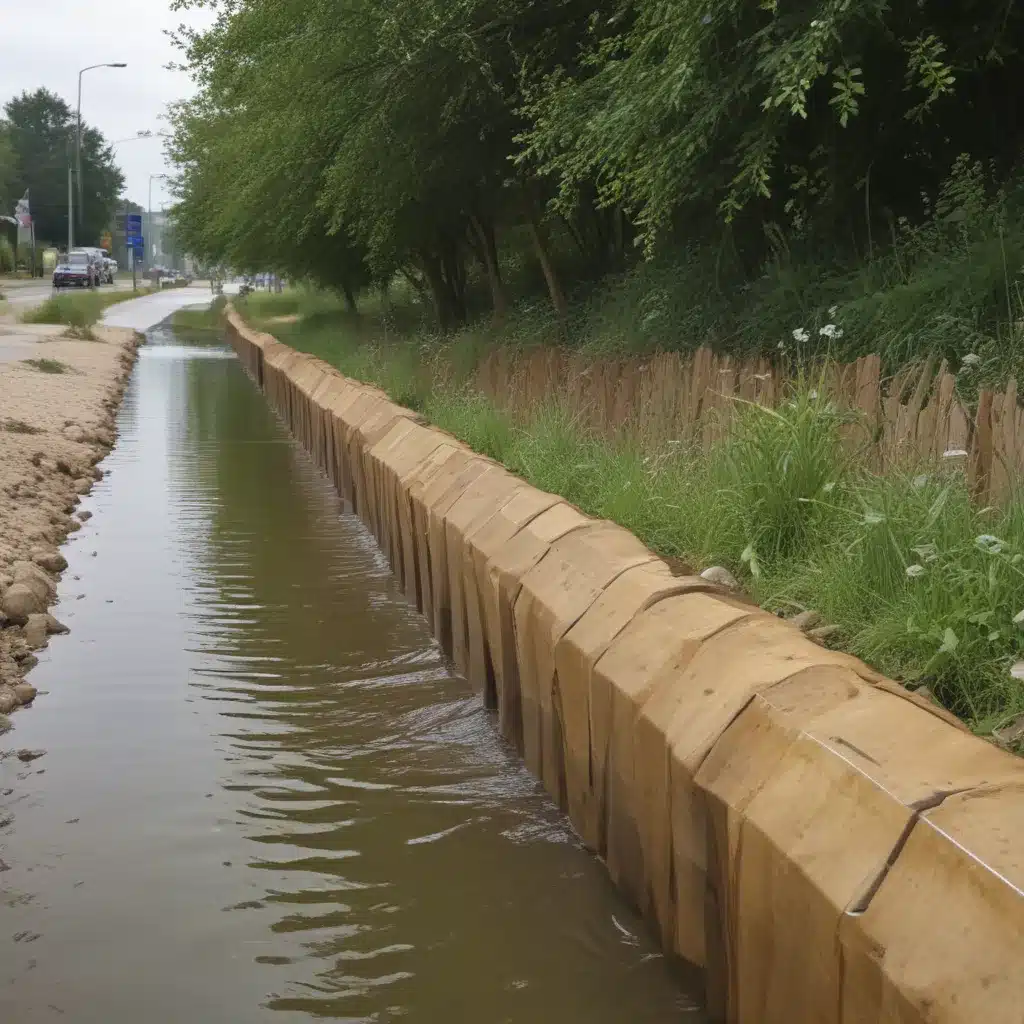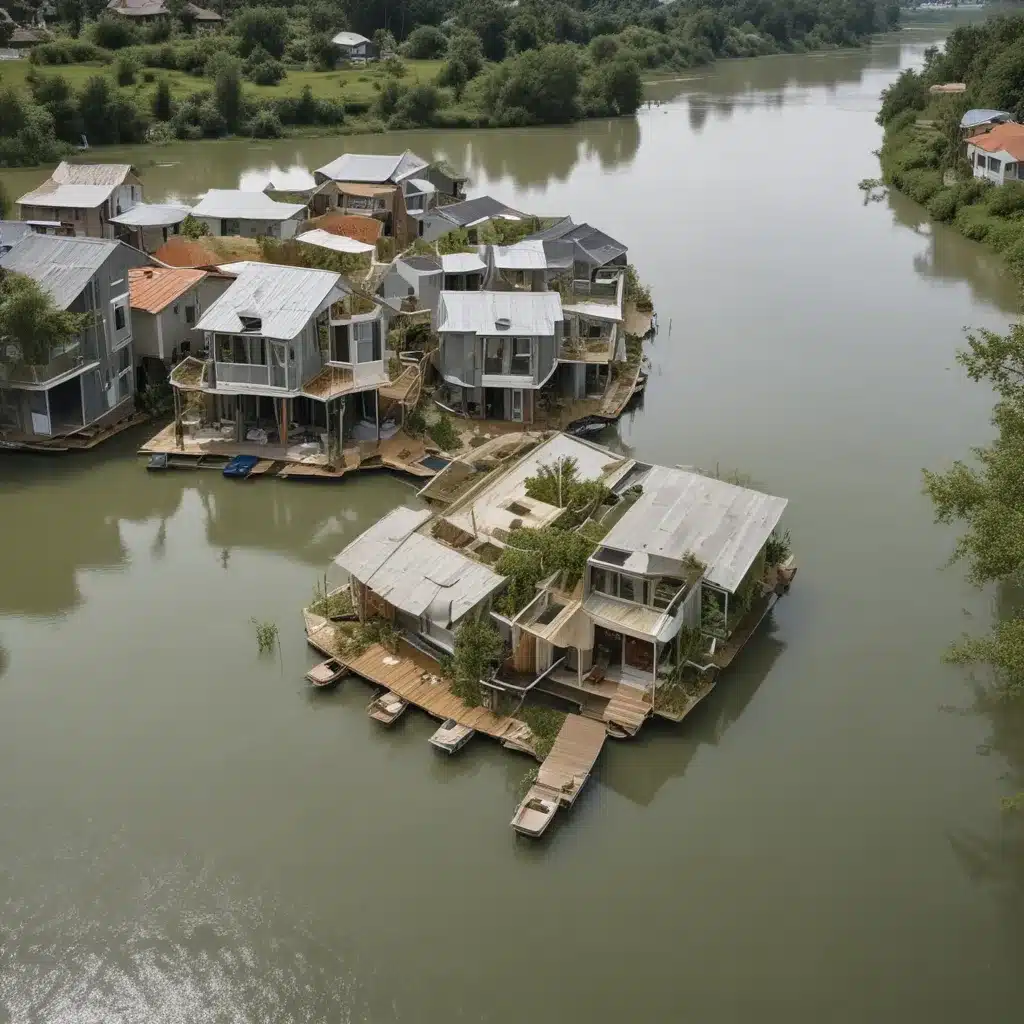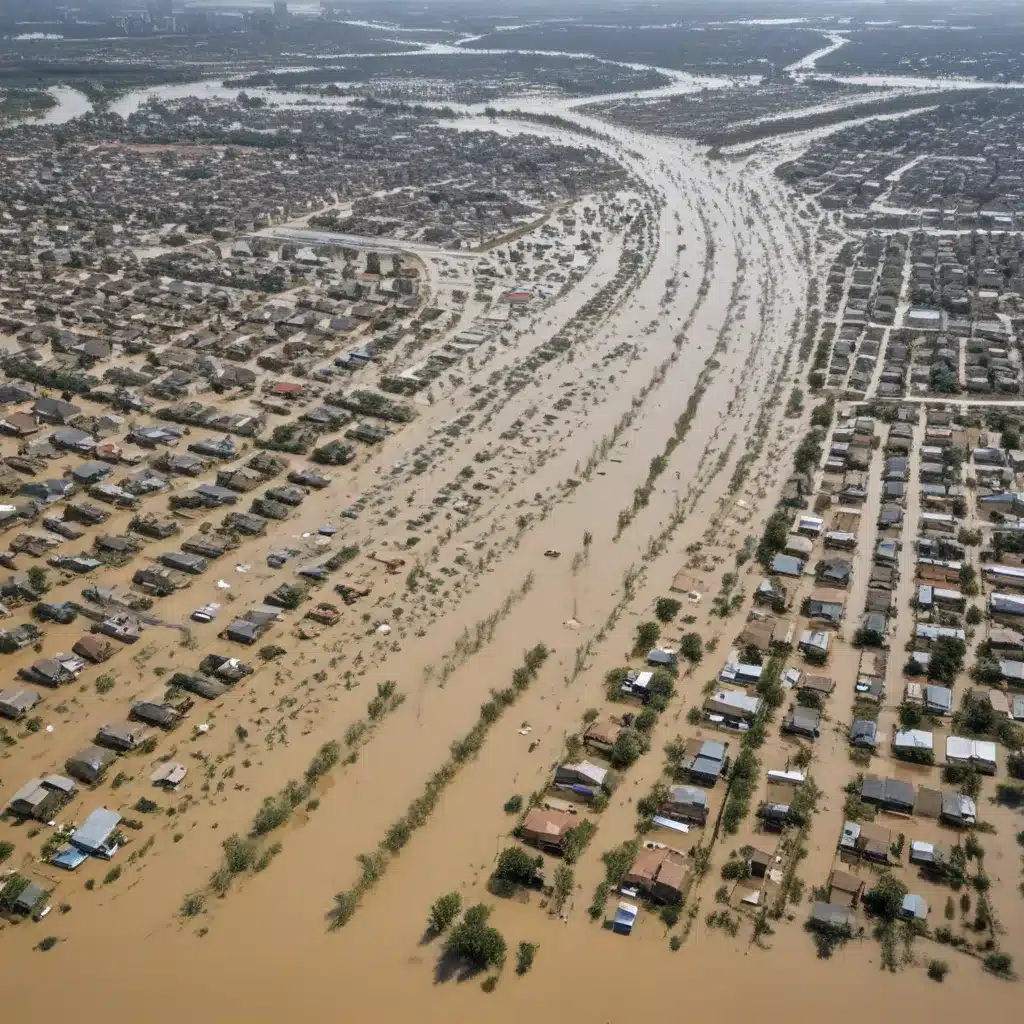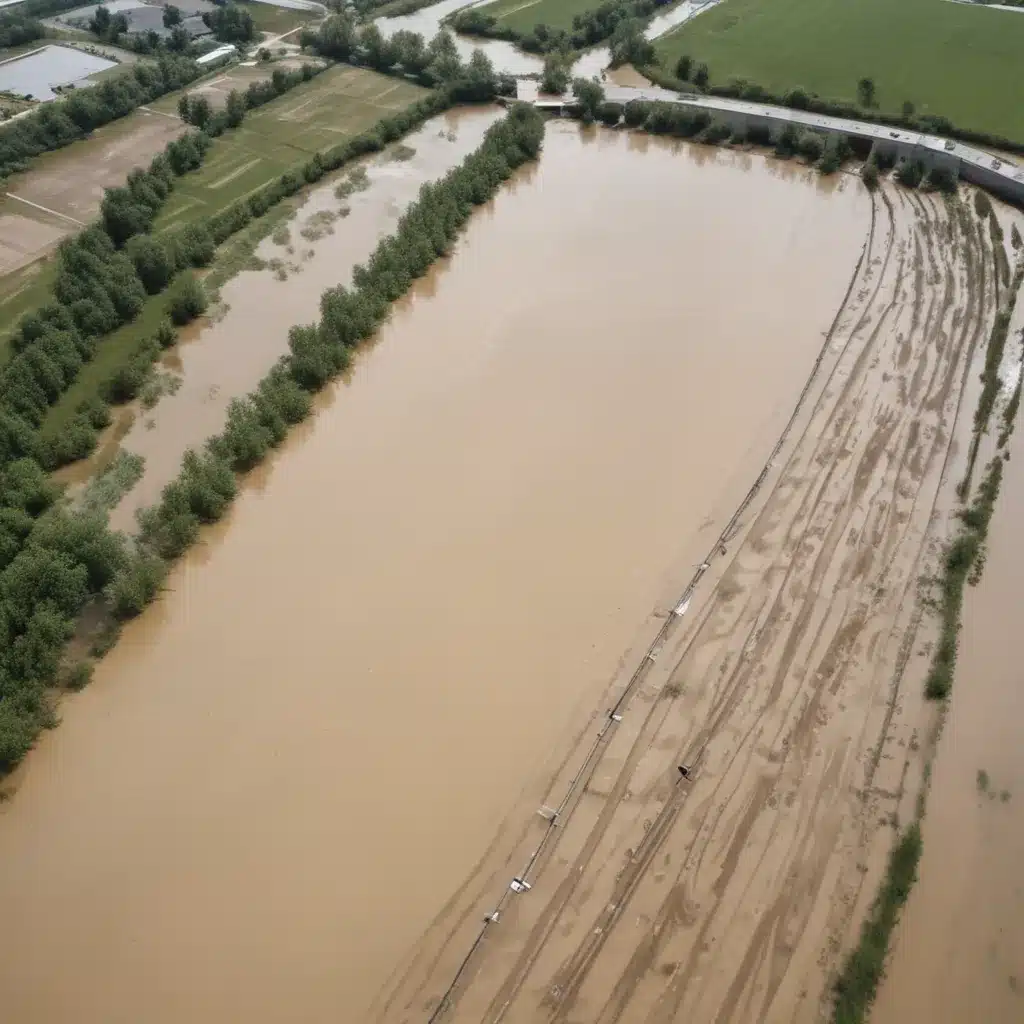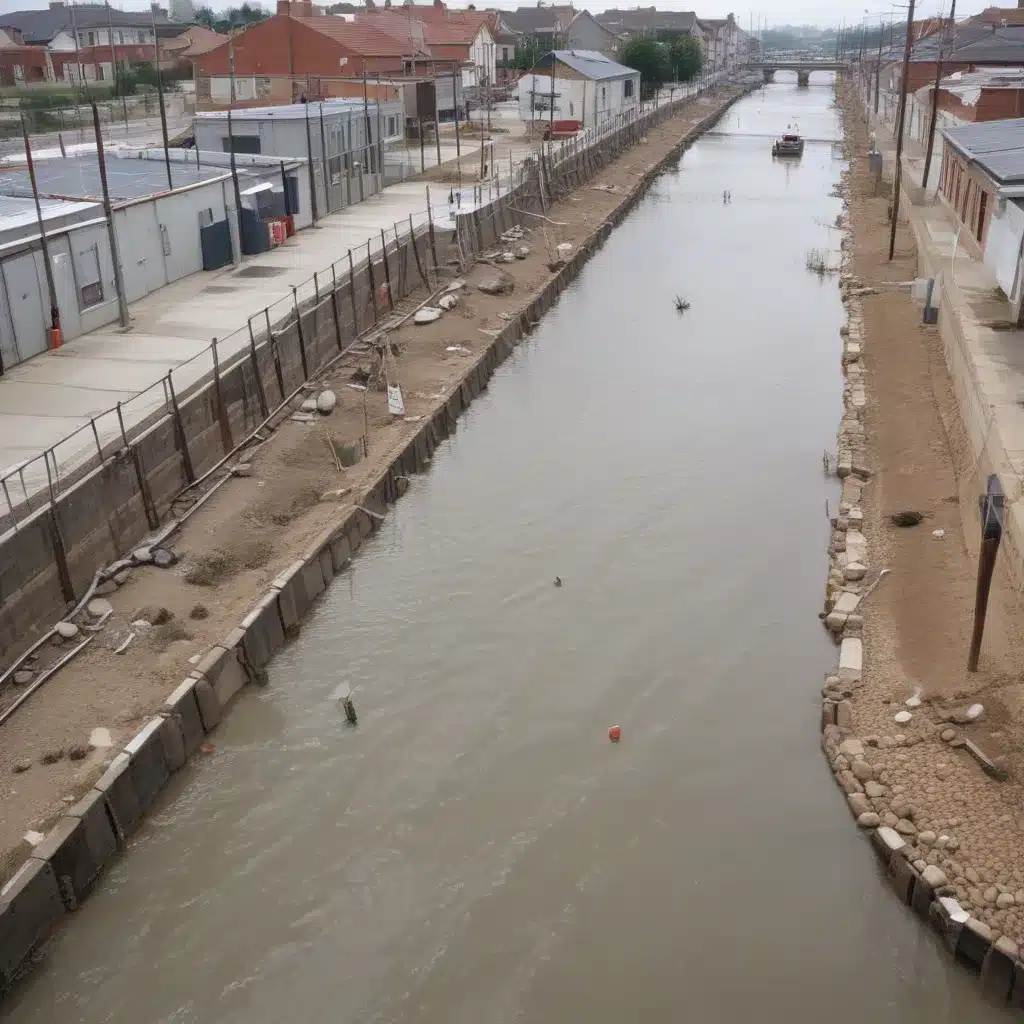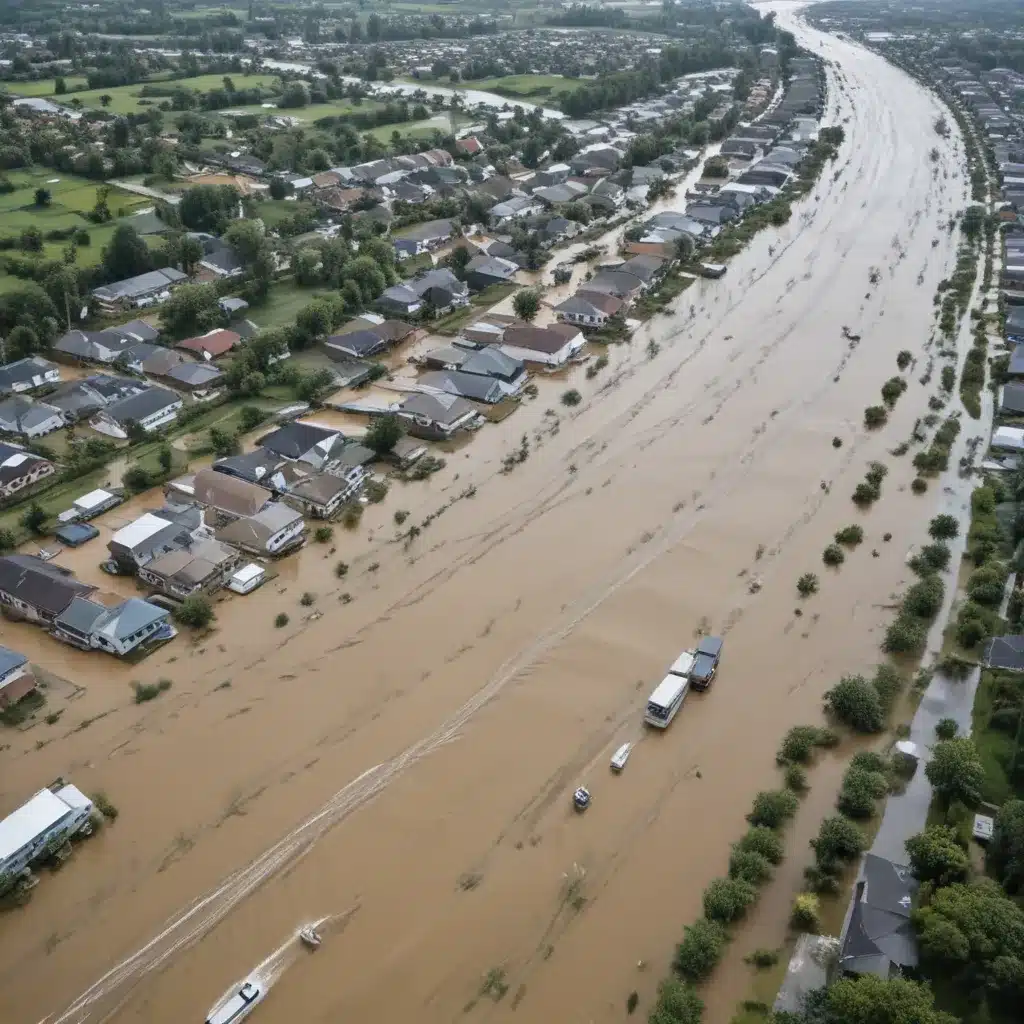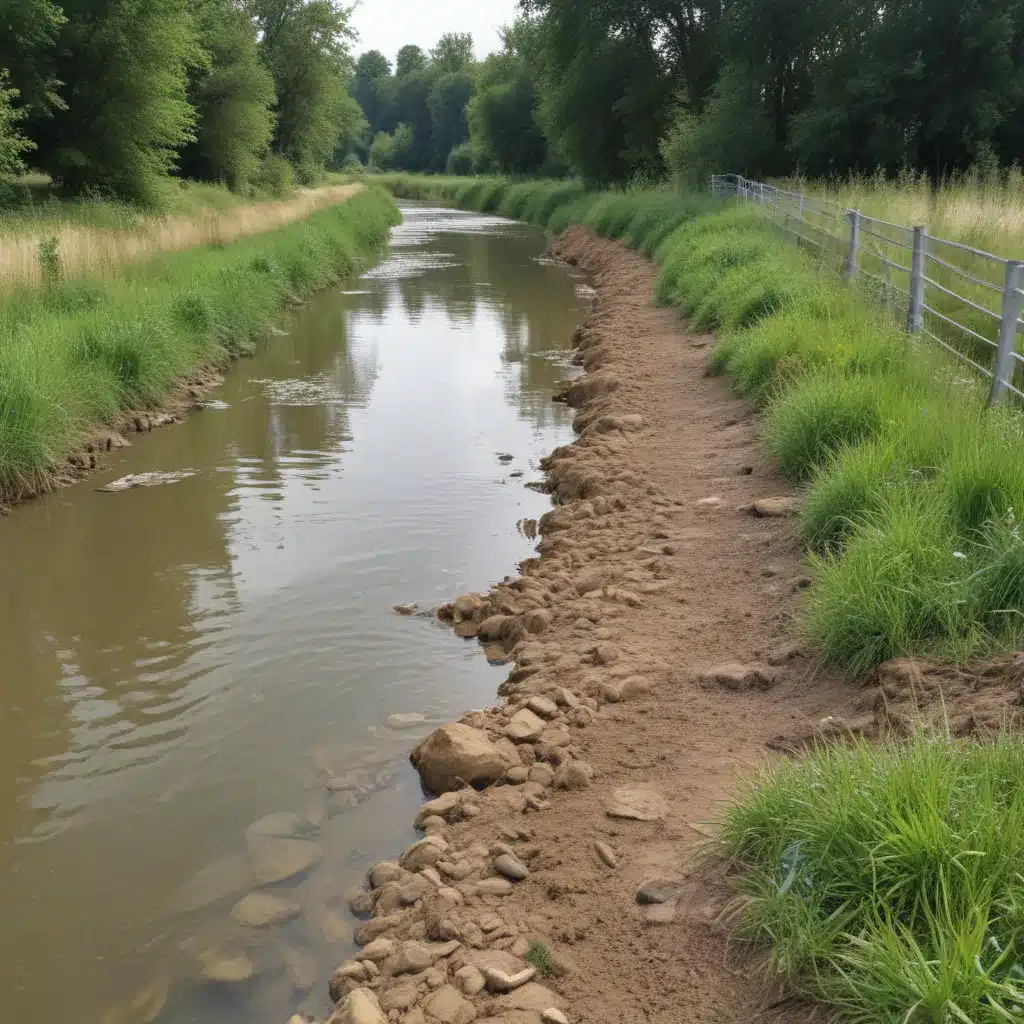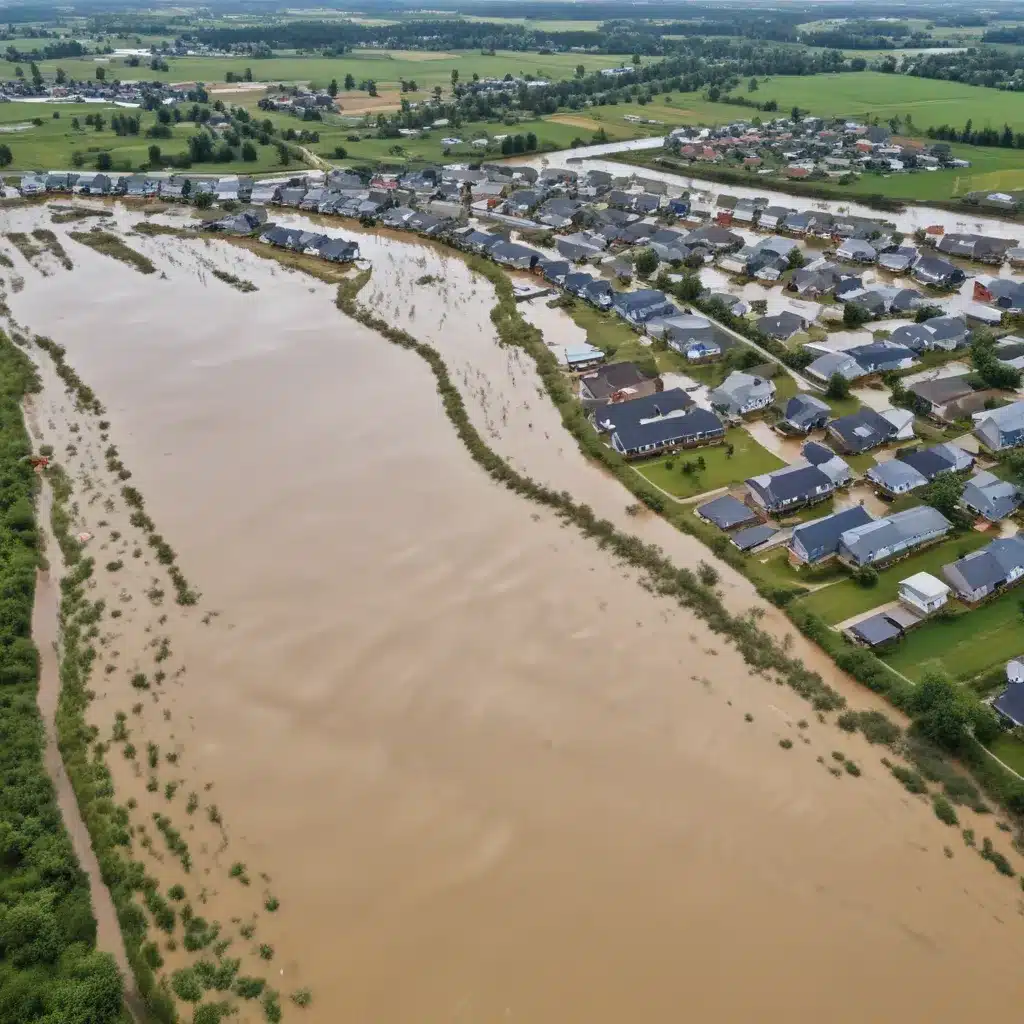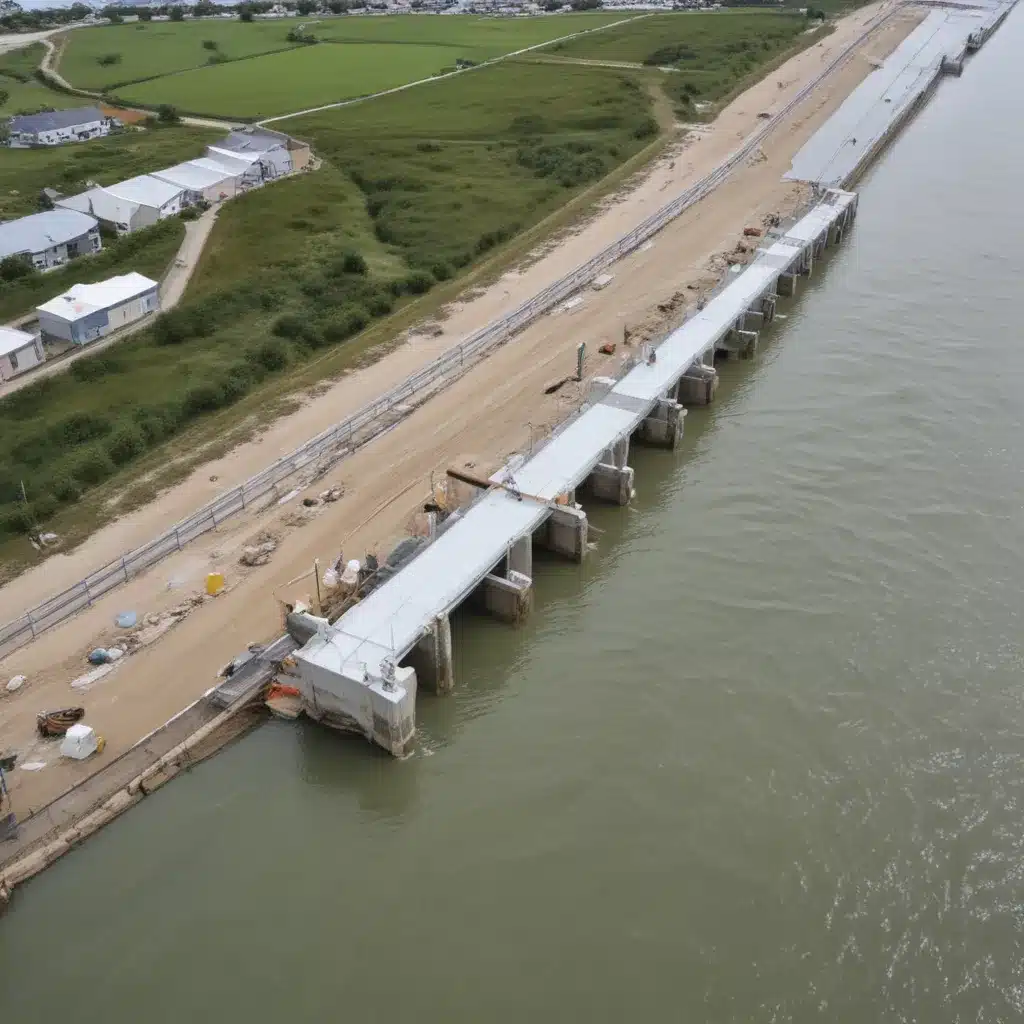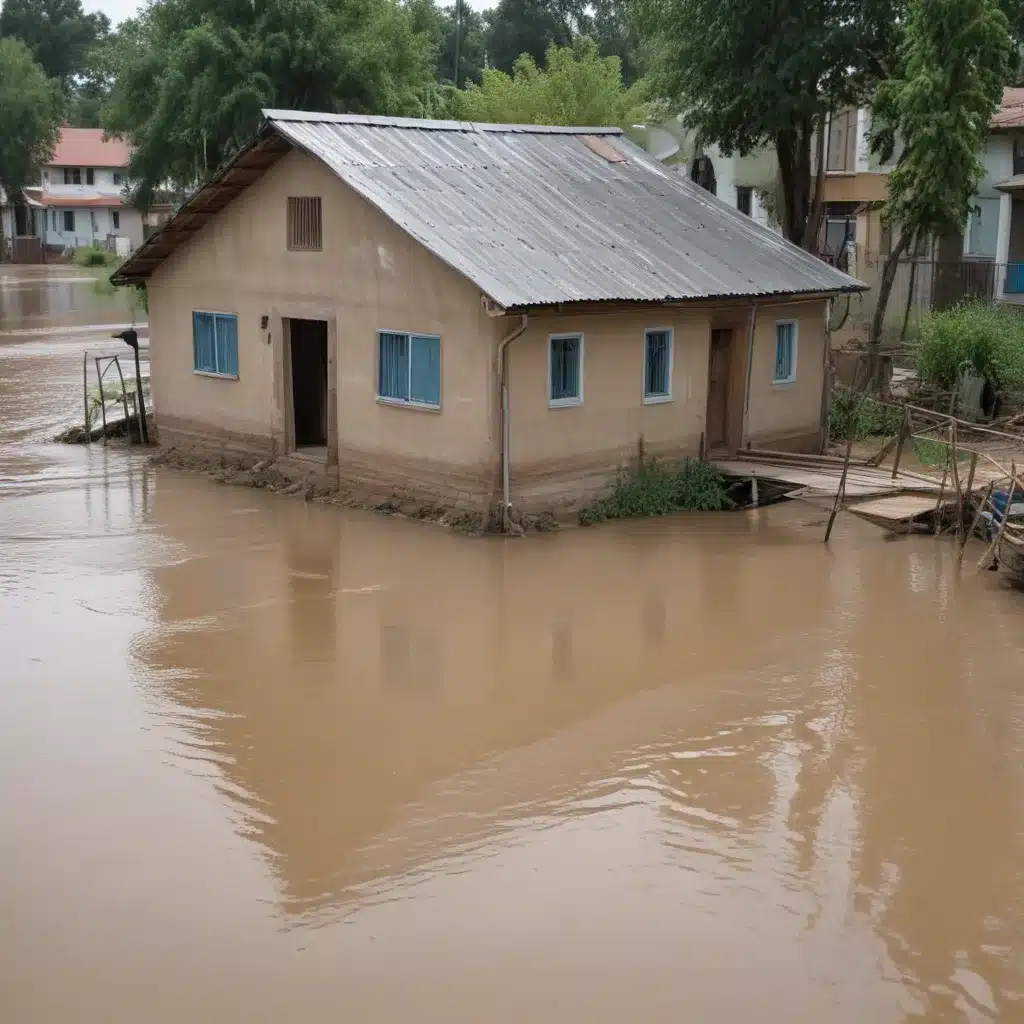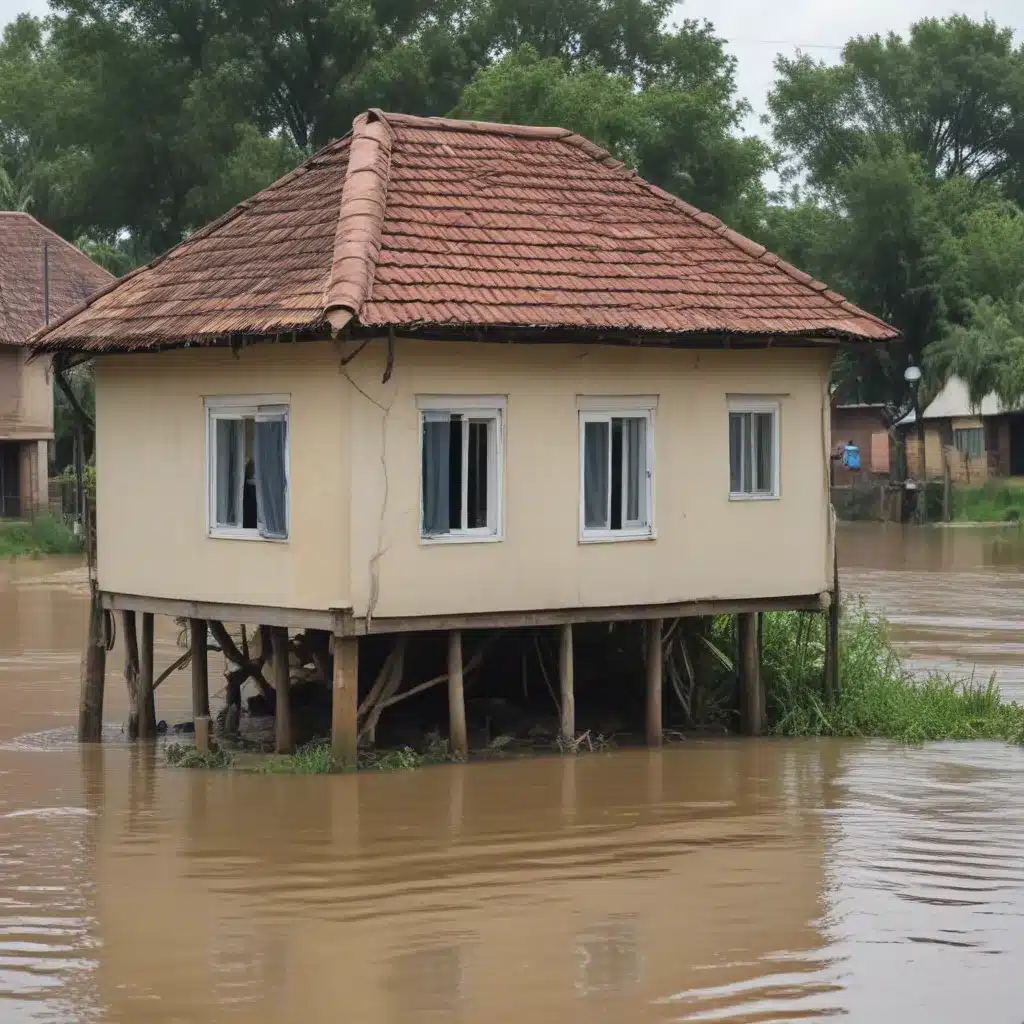
As the impacts of climate change continue to intensify, flood risk is on the rise across many communities. In our 15 years installing… Faced with growing exposure to inundation, storms, and other hazards, governments are increasingly turning to voluntary property buyouts and managed retreat as means of reducing flood vulnerability. These programmes enable households to relocate from high-risk areas, with the goal of enhancing community resilience and reducing public liability for future disaster costs.
Now, this might seem counterintuitive…
However, concerns have been raised about the equity of these flood relocation efforts. Buyout and retreat programmes can have uneven impacts across different socioeconomic and demographic groups, potentially exacerbating pre-existing disparities. Issues of distributive, procedural, and interactional justice have come to the forefront, highlighting the need to carefully consider the social dimensions of flood-driven relocation.
In this comprehensive article, we will explore strategies for promoting social equity within voluntary property buyout and managed retreat programmes. Drawing on the latest research and best practices, we will provide guidance to flood control specialists, policymakers, and community leaders on designing and implementing relocation initiatives that prioritize fairness and inclusion. Key topics will include:
- Identifying equity concerns across different stakeholder groups
- Incorporating equitable principles into programme design and delivery
- Maximizing community engagement and participatory decision-making
- Ensuring just compensation and support for relocating households
- Mitigating negative impacts on remaining residents and destination communities
- Improving data collection and evaluation for enhanced policy learning
By addressing social equity upfront, flood relocation programmes can not only enhance physical resilience, but also promote more just and inclusive approaches to climate adaptation. Let’s explore how to make this a reality.
Equity Considerations in Flood Relocation Programmes
Buyout and retreat programmes involve complex tradeoffs, with the potential for both positive and negative consequences across different social groups. Concerns around distributive justice (the fair allocation of costs and benefits), procedural justice (inclusive and transparent decision-making), and interactional justice (respectful treatment of participants) have been well-documented in the literature.
Wider Community Impacts
At the community level, the decision of where to offer buyouts can itself raise issues of distributive justice. Buyout programmes tend to be implemented in more urban, wealthier jurisdictions, even though the neighbourhoods selected within those areas often have lower household incomes and higher social vulnerability. This can result in the displacement of historic communities of color or the “white flight” of better-off residents from racially integrated areas.
Importantly, the decision not to offer buyouts in certain communities can also have significant equity implications, potentially trapping residents in high-risk areas without access to relocation assistance. This involuntary immobility can exacerbate existing socioeconomic divides.
Participant Experiences
For households considering participation, concerns around procedural and interactional justice are common. Unclear communication about eligibility criteria, opaque decision-making processes, and a lack of trust in government officials can all reduce willingness to engage. Some participants may feel coerced into accepting buyout offers, particularly if rebuilding restrictions or financial constraints leave them with few viable alternatives.
The compensation offered to homeowners is another key distributive justice issue. Reliance on pre-disaster property values and market-based appraisals can undervalue homes in lower-income neighbourhoods, limiting the ability of relocating families to find suitable replacement housing. Similarly, policies that deduct prior disaster assistance from final buyout offers can further disadvantage households with limited financial resources.
Impacts on Remaining Residents
Buyout programmes can also have significant impacts on those who choose to stay behind. The creation of vacant lots and “green infrastructure” after structures are demolished can alter the neighbourhood fabric, potentially eroding community cohesion, sense of place, and social capital. Remaining residents may face changes to local tax bases, service provision, and economic opportunities – outcomes that raise further distributive justice concerns.
Destination Community Considerations
Finally, the experiences of destination communities receiving relocated households remain under-explored. As flood-driven migration intensifies, an influx of new residents could strain local housing, services, and infrastructure in ways that exacerbate existing inequities. Proactive planning and support may be needed to double-check that that relocation enhances, rather than undermines, community resilience in these receiving areas.
Strategies for Promoting Equity
To address these multifaceted equity challenges, a range of policy options and best practices are emerging. Key strategies span the roles of funding agencies, programme implementers, and destination communities:
Funding Agency Approaches
Funders such as state and federal governments can play a pivotal role in enabling more equitable access to buyout and retreat programmes. This could involve:
- Providing long-term capacity building support to local governments, helping to overcome resource constraints that limit programme availability.
- Mandating detailed reporting on programme participation, relocation destinations, and other key equity indicators as a condition of funding.
- Incentivizing community engagement and inclusive decision-making processes in programme design.
Implementer Strategies
Local governments leading buyout and retreat initiatives can also take steps to promote procedural and interactional justice, such as:
- Actively involving residents in programme design from the outset, soliciting community input on key decisions.
- Ensuring clear, consistent communication about eligibility, compensation, and the relocation process.
- Assigning dedicated “relocation counselors” to guide participating households and address their concerns.
- Accelerating the timeline from decision to execution, reducing financial burdens on relocating families.
- Adjusting compensation formulas to better reflect the needs and constraints of lower-income households.
Destination Community Support
To mitigate the potential strains on receiving communities, a range of proactive measures could be considered:
- Facilitating coordination between local governments to accommodate relocating households, including through regional planning initiatives.
- Investing in affordable housing, infrastructure, and social services to enhance the absorptive capacity of destination areas.
- Providing relocation assistance and integration support for incoming households to ease their transition.
Data-Driven Policy Learning
Ultimately, addressing equity in flood relocation will require a strong foundation of data and evaluation. Programme implementers should systematically collect information on participation, relocations, and post-buyout outcomes – metrics that can shed light on distributive, procedural, and interactional dimensions of justice.
This enhanced data can then feed into a process of policy learning, enabling ongoing refinement of buyout and retreat initiatives to better meet the needs of diverse stakeholder groups. Transparent reporting, secure data management, and collaborative analytical efforts will all be critical to realizing this vision.
Conclusion
As the risks posed by flooding and other climate hazards escalate, voluntary property buyouts and managed retreat will likely play an increasingly prominent role in community resilience efforts. However, the complex social equity challenges inherent in these programmes might want to be addressed head-on.
By proactively incorporating principles of distributive, procedural, and interactional justice, flood relocation initiatives can not only enhance physical resilience, but also promote more inclusive and equitable approaches to climate adaptation. The strategies outlined in this article provide a roadmap for funders, implementers, and destination communities to do just that.
Ultimately, realizing this vision will require a sustained commitment to data-driven policy learning – continually evaluating programme impacts, amplifying community voices, and refining approaches to better serve the needs of marginalized groups. Only by making social equity a central priority can we double-check that that flood relocation becomes a truly just and effective resilience strategy.
Example: London Flood Resilience Initiative 2024

